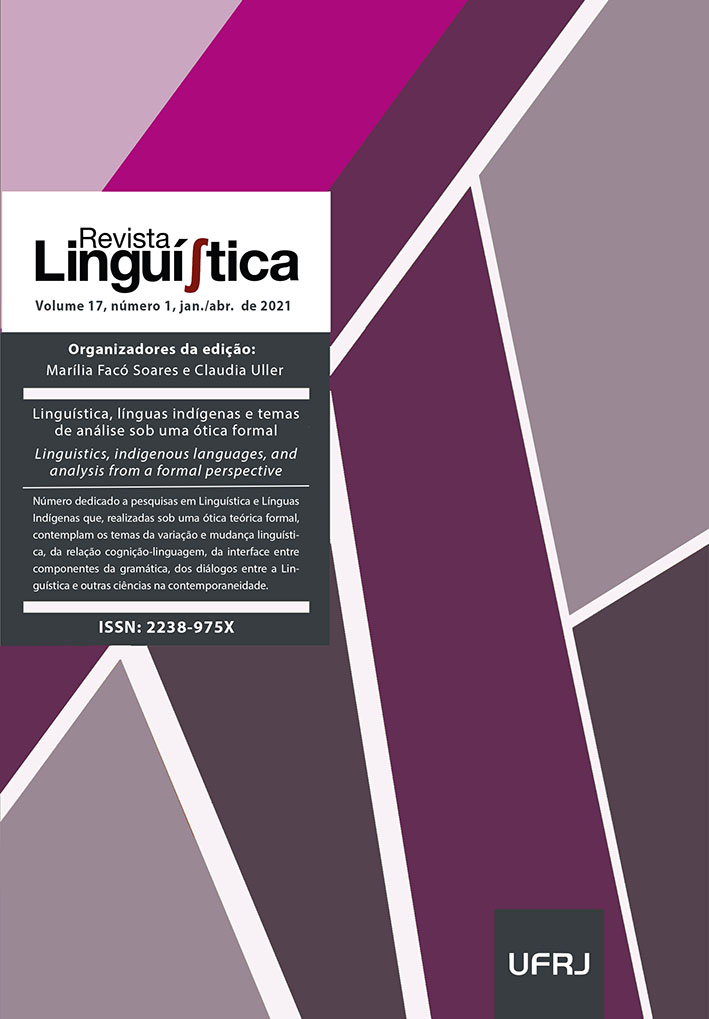When to say is to make kinship: contributions on the practice of economics of kinship among riverine people of the Paraense (from the state of pará) Amazon
DOI:
https://doi.org/10.31513/linguistica.2021.v17n1a39403Keywords:
riverine people, riparian groups, social organization, anthropology, linguistics. Amazon.Abstract
This article aims to understand how linguistic practices present in the local lexicon reveal kinship practices among riverine inhabitants of the Paraense Tocantins River region. Anchored in the fieldwork, based on participant observation and ethnographic descriptions, this work brings reflections on the idiolect of this region, where terms such as cousin, relative and friend are used to establish social relations, which can be read by theories of alliance of kinship. Anthropologists, sociologists and linguists sought to present culture as a set of practices and a set of symbols. However, language and the linguistic sign in it have the capacity to be performative in the sense of establishing factual and pragmatic relations. Since kinship is constituted by social relations of descent and / or affiliation of real or fictitious bases, and language (langue and parole), in this case, spoken expressions of their linguistic codes, it is clear that riverine language reveals kinship relations in the Tocantins River region, especially in the Igarapé Acaputeua, establishing a game that expresses itself and is created, among other things, by the terms of kinship.Downloads
Published
Issue
Section
License
Authors who publish in the Revista Linguí∫tica agree with the following terms:
The authors maintain their rights, ceding to the journal the right to first publication of the article, simultaneously submitted to a Creative Commons license permitting the sharing with third-parties of published content as long as it mentions the author and its first publication in the Revista Linguí∫tica.
Authors may enter into additional agreements for the non-exclusive distribution of their published work (for example, posting in online institutional or non-profit repositories, or book chapters) so long as they acknowledge its initial publication in the Revista Linguí∫tica.

The journal Revista Linguí∫tica is published by the Post-Graduate program in Linguistics of UFRJ and employs a Creative Commons - Attribution-NonCommercial 4.0 International (CC-BY-NC).









